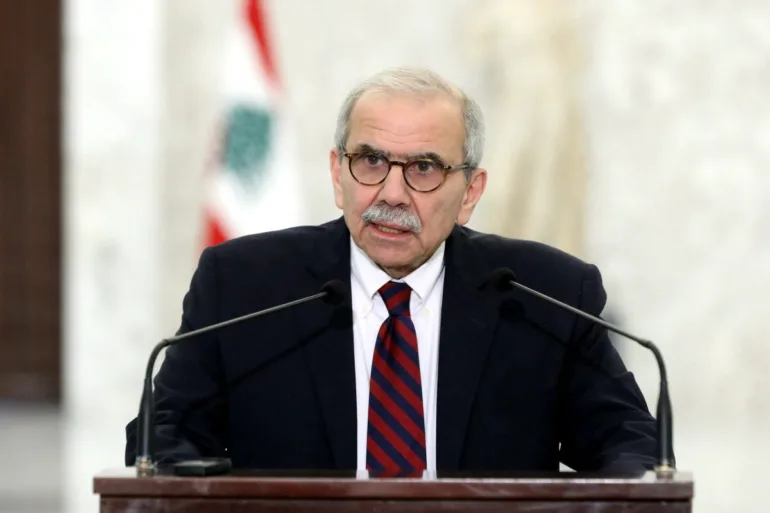On Saturday, Lebanon’s prime minister announced the formation of a new government, bringing an end to more than two years of rule by caretaker authorities, as the influence of the long-dominant Hezbollah weakened.
Prime Minister Nawaf Salam expressed his hope of leading a “government of reform and salvation,” aiming to restore trust with the international community after a devastating conflict between Israel and Hezbollah, compounded by years of economic collapse attributed to corruption and mismanagement.
The new government now faces the monumental task of implementing critical reforms necessary to unlock international financial support, overseeing the fragile ceasefire between Israel and Hezbollah, and addressing the country’s urgent reconstruction needs.
President Joseph Aoun signed a decree to form a new government consisting of 24 ministers, the presidency announced on X. In separate decrees, the president also formally accepted the resignation of the caretaker government led by Prime Minister Najib Mikati and appointed Nawaf Salam to lead the new administration.
The incoming government includes five women and notable figures such as Ghassan Salame, a former United Nations envoy to Libya.
Hezbollah, once the dominant political force in Lebanon, has suffered significant losses, including the death of its leader Hassan Nasrallah in a massive Israeli airstrike in September. The group also faced a further blow with the removal of Bashar al-Assad in Syria on December 8, cutting off its crucial weapons supply route from Iran.
After more than two years of political deadlock, Hezbollah’s weakened position allowed the election of former army chief Aoun, widely seen as Washington’s preferred candidate, who then approved Salam as prime minister.
A ‘brighter chapter’
Lebanon had been without a president for over two years due to political gridlock until Aoun’s election. Salam formed a government in under a month, a notable achievement in a country where such processes typically take months of political bargaining.
The United Nations welcomed the formation of the new government. Jeanine Hennis-Plasschaert, the UN special coordinator for Lebanon, stated that “today’s government formation heralds a new and brighter chapter for Lebanon.”
Salam has pledged that his government will be free from political party members and individuals planning to run in the upcoming parliamentary elections. He added that he appointed his ministers after consulting with political leaders in a country where power is traditionally divided along sectarian lines.
Before the new government can assume its full powers, it must draft a ministerial statement and submit it to the Lebanese parliament for a confidence vote within 30 days. Lebanon’s 128-seat parliament is dominated by traditional sectarian-based parties.
The government will also need to review agreements, including those with the International Monetary Fund, and prepare for parliamentary elections scheduled for next year.
AFP


